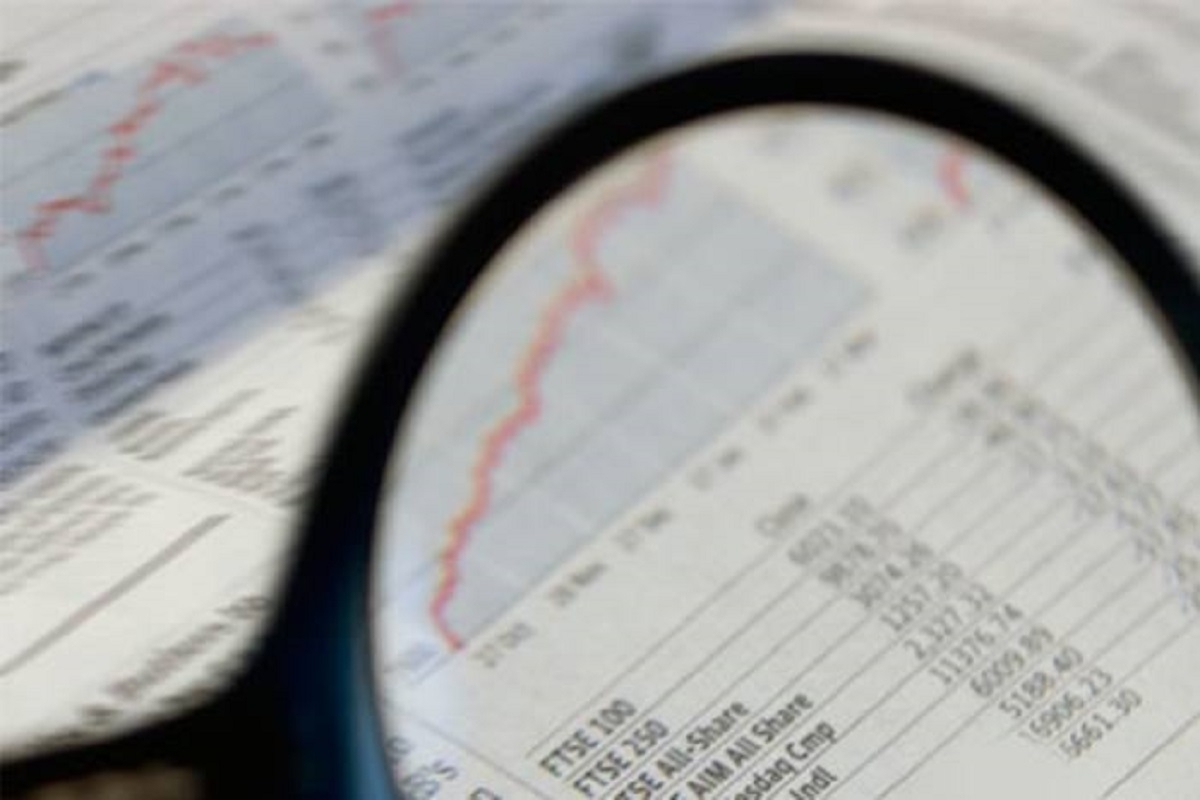April 2021 Investment & Economic Update

In our latest monthly investment update for April 2021, we look at how the global investment markets, economy, and commodities are performing.
The FTSE 100 index of leading UK company shares closed at the end of March at 6,713.63 points, up 230.2 points or 3.55% during the month.
Markets finished the month in subdued fashion, with investor concerns about rising Covid-19 cases across continental Europe, leading to the prospect of further national lockdowns.
The London market was also dragged a little lower after a disappointing debut for Deliveroo, the UK's largest tech initial public offering (IPO) for years. Such a poor start for Deliveroo might deter other tech firms from listing in London.
US President Joe Biden has announced a $2 trillion infrastructure investment programme designed to create millions of new jobs and make the US more competitive against China. The programme will be funded by reversing tax cuts introduced by President Trump and is unlikely to be supported by Republicans.
Markets responded positively to the announcement, with Wall Street and regional markets in Asia sent higher. A positive US private jobs report also helped to boost investor sentiment.
The $2 trillion infrastructure proposals come shortly after a $1.9 trillion stimulus package, funded by higher corporation tax.
New data shows the UK's manufacturing sector grew at its fastest pace in more than a decade in March. The latest IHS Markit/CIPS Purchasing Managers' Index (PMI) came in at 58.9, with a reading above 50 indicating growth. Business optimism in the sector also reached a 7-year high.
Manufacturing businesses reported strong new business growth from domestic and international customers, with a growing trade level. However, this strong growth is also placing pressure on supply chains, resulting in delivery delays.



The OPEC+ alliance of oil-producing countries is expected to agree on an extension to output cuts at the start of this month. Some analysts expect further output cuts for a couple of months, reducing the supply of oil to international markets at a time when demand is starting to rise.
There was also strong activity growth for eurozone factory activity, rising at its fastest pace in the 24-year history of the IHS Markit's Manufacturing Purchasing Managers' Index.
The index leapt to 62.5 in March, up from 57.9 in February and higher than the initial estimate. It's the highest index reading since the survey started in June 1997.
Chris Williamson, chief business economist at IHS Markit, said: "Eurozone manufacturing is booming. Although centred on Germany, which saw a particularly strong record expansion during the month, the improving trend is broad based across the region as factories benefit from rising domestic demand and resurgent export growth."
Also, in Europe, the European Central Bank's bond-buying programme of quantitative easing has squeezed euro debt sales. According to Reuters' report, borrowers including the European Union, France and Spain are starting to rein in hedge fund orders in their syndicated bond sales.
A deluge of inflated orders from these hedge funds is overstating demand for the bonds to guarantee their desired order levels. There are concerns that this practice is leading to inaccurate future predictions about actual demand for bonds.
The Bank of England's Monetary Policy Committee voted unanimously to keep the Bank Rate on hold at its record low of 0.1% last month. Their latest report also indicated a more optimistic outlook for the UK economy, following a sharp decline in Covid-19 infections and rapid progress with the vaccination programme.
The OECD has revised its economic growth forecasts upwards for the UK, now expecting the UK economy to grow by 5.1% this year and then by 4.7% in 2022.
They also expect the global economy to grow faster than previously forecast, at 5.6% this year, supported by vaccinations and the US stimulus package.
A report from the OECD said: "Activity in many sectors has picked up and adapted to pandemic restrictions over recent months. Vaccine deployment, although uneven, is finally gaining momentum and government fiscal stimulus, particularly in the US, is likely to provide a major boost to economic activity."
Price inflation in the UK declined sharply in the year to February, dragged lower by falling prices for clothing, footwear and second-hand cars. The Consumer Prices Index (CPI) measure of price inflation fell to 0.4% in February, down from 0.7% in January.
The latest Nationwide House Price Index shows a slowdown in house price growth in London in the first quarter, as more people move away from the capital.
London's annualised price growth was 4.8% in the first quarter of the year, compared with 8.2% for the North West of England, the top-performing part of the UK.
Despite a slowdown in London house price growth, average prices remained high at £482,576, compared with £231,644 for the UK average. For the UK as a whole, annualised house price growth was 5.7% in March, down from 6.9% a month earlier.
Prices fell by 0.2% on a monthly and seasonally adjusted basis.
Robert Gardner, chief economist at Nationwide, said: "Given that the wider economy and the labour market has performed better than expected in recent months, the slowdown in March probably reflects a softening of demand ahead of the original end of the stamp duty holiday before the Chancellor announced the extension in the Budget."
The benchmark 10-year government bond (gilt) yield rose during March, reaching 0.842% at the start of April. While increasing slightly due to concerns about rising price inflation, the yield remains very low by historical standards.
Kellands will continue to keep you updated on market developments as the year unfolds. However, if you have any questions or need some financial advice, please do not hesitate to get in touch.
